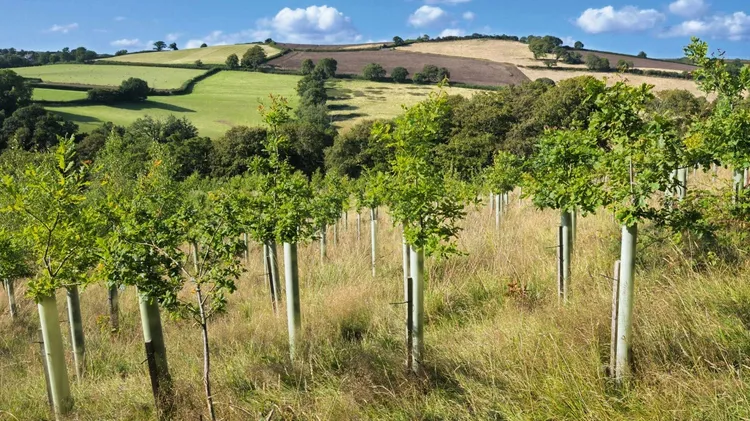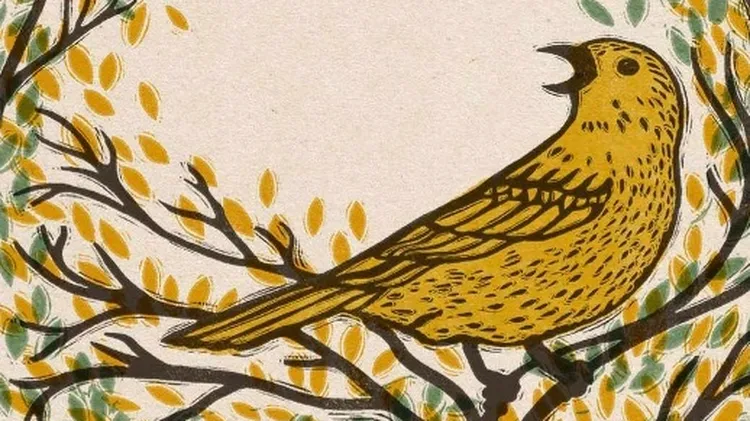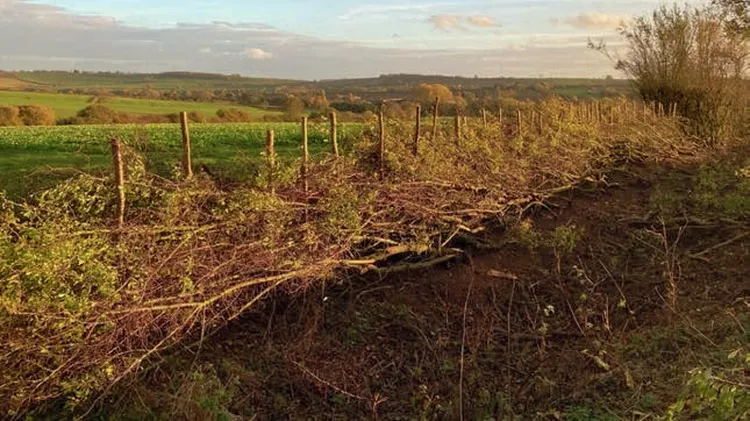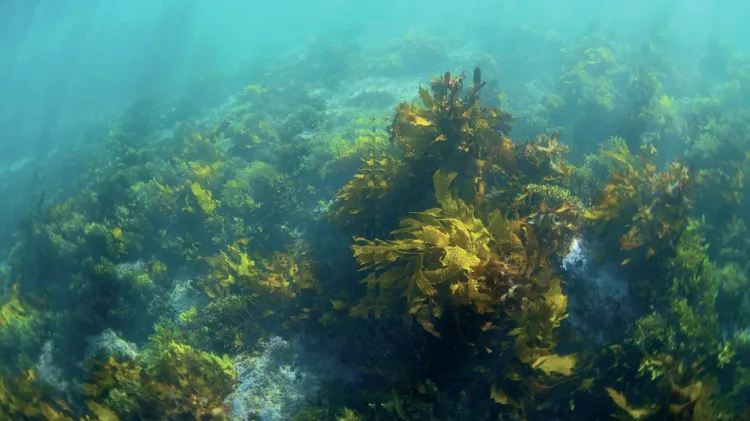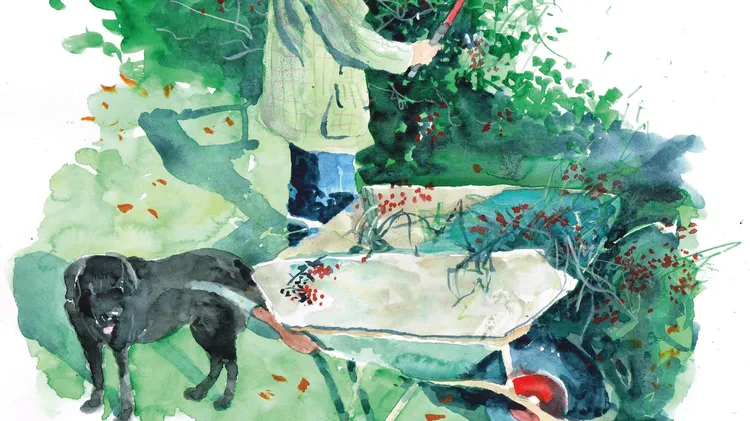Predators or plant-eaters? Conservationists are divided as to whethe
The great rewilding fight
6 min read
This article is from...
Read this article and 8000+ more magazines and newspapers on Readly

